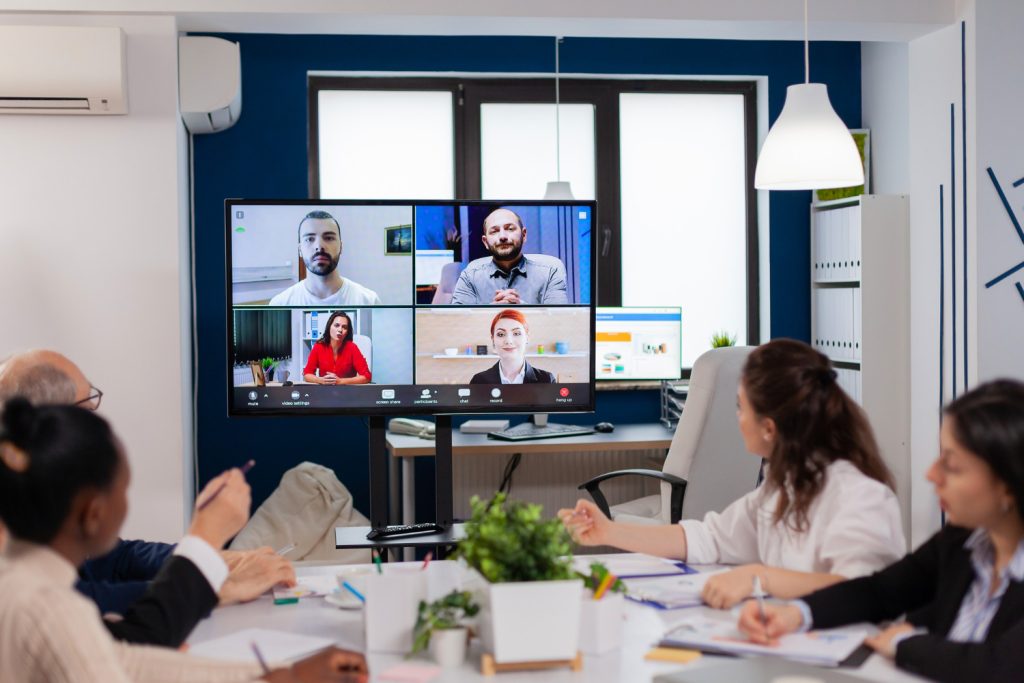Stronger Together with MBTI (P23049)

- Client/Industry: Software Development
- Attendees: Leaders
- No of attendees: 10
- Duration: MBTI Assessment followed up with Half-day Workshop
- Mode of delivery: In-Person
- Date: July 2023
The Challenge:
Zenika was seeking a thoughtful, well-paced intervention to bring a remote leadership team closer together. These were capable, high-performing leaders, but their day-to-day work was largely independent and virtual. Most of them interacted only through emails, messaging apps, or structured meetings. With little time for informal conversation or spontaneous collaboration, a sense of distance had formed—not just physically, but relationally.
Leaders found it difficult to read one another’s communication styles, navigate disagreements smoothly, or fully understand how others approached decisions. This often led to delays, misunderstandings, or missed opportunities to collaborate more effectively. The organisation recognised that as the team prepared for more strategic work and cross-functional leadership, this lack of cohesion could hold them back.
The client wanted to bring these leaders together to have honest conversations about how they work, where tensions arise, and how to support one another more intentionally. They needed a facilitator who could create a safe space for dialogue, introduce tools for reflection, and surface team dynamics in a way that felt respectful and constructive. The goal wasn’t just short-term connection. It was to lay the groundwork for a more trusting, collaborative leadership culture that could grow over time.
Passing the ball in order of age reminded me how communication and teamwork go hand in hand. I know it was a simple exercise, but it made a lasting impression!
The Solutions:
PPEARL recommended an MBTI-certified facilitator and conducted a highly focused half-day in-person workshop. The session aimed to cultivate robust team connections through interactive activities using the MBTI framework.
Participants explored:
• Personality preferences and how they influence work and communication
• Strengths and potential blind spots of different MBTI types
• Strategies to adapt communication styles and work more cohesively in a hybrid environment
The experience encouraged meaningful self-reflection while building bridges between participants who typically worked remotely and interacted infrequently.
The Impact:

By the end of the workshop, participants had developed a deeper understanding of themselves and one another—both as individuals and as a leadership team. The use of the MBTI assessment played a central role in this shift. For many, it was the first time they had seen their working style laid out in such a clear, non-judgmental way. They were able to reflect on how their personality preferences shaped the way they make decisions, communicate, manage time, and respond to stress. Just as importantly, they gained insight into how different preferences show up in their colleagues and how easily these differences can lead to friction if not acknowledged with empathy.
With the help of their MBTI results and facilitator-guided discussions, leaders began to connect the dots between past misunderstandings and underlying personality differences. What may have once been seen as “difficult” or “uncooperative” behaviour became easier to reframe as a different but valid way of operating. This shift sparked greater patience, openness, and curiosity within the group.
-
100%
Completed MBTI Step I
-
90%
Reported an Enhanced Remote Collaboration
-
4.1/5
Overall Satisfaction Score
PPEARL's Promise:
At PPEARL, we believe great teamwork begins with self-awareness. Through tools like MBTI, we help teams grow from the inside out—by deepening their understanding of how they work, communicate, and collaborate best.






